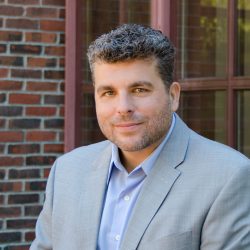
Michael Talkowski
Associate professor
Harvard University
From this contributor
Whole genomes may hold clues to autism, but patience is key
We finally have access to whole-genome sequences from people with autism. But before we can properly interpret these data, we need to know what we're looking for.
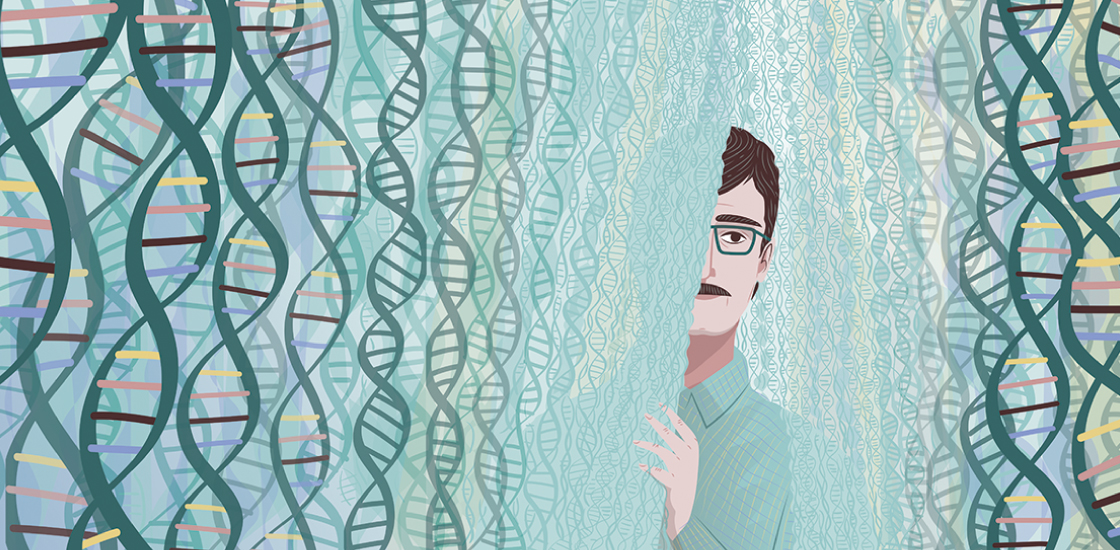
Whole genomes may hold clues to autism, but patience is key
No ‘ideal’ tissue for gene expression studies of autism
Researchers should investigate a broad spectrum of human- and animal-derived tissues to fully capture the complexity of autism, say Michael Talkowski and James Gusella.
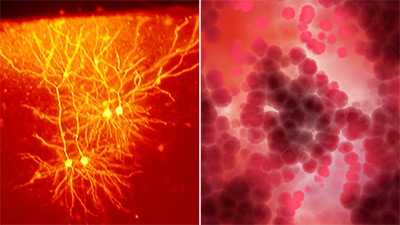
No ‘ideal’ tissue for gene expression studies of autism
Explore more from The Transmitter
It’s past time to stop using the Reading the Mind in the Eyes Test
The widely used measure of “theory of mind” needs to be re-examined, along with the long-standing claim that autism is linked to a lack of this ability.
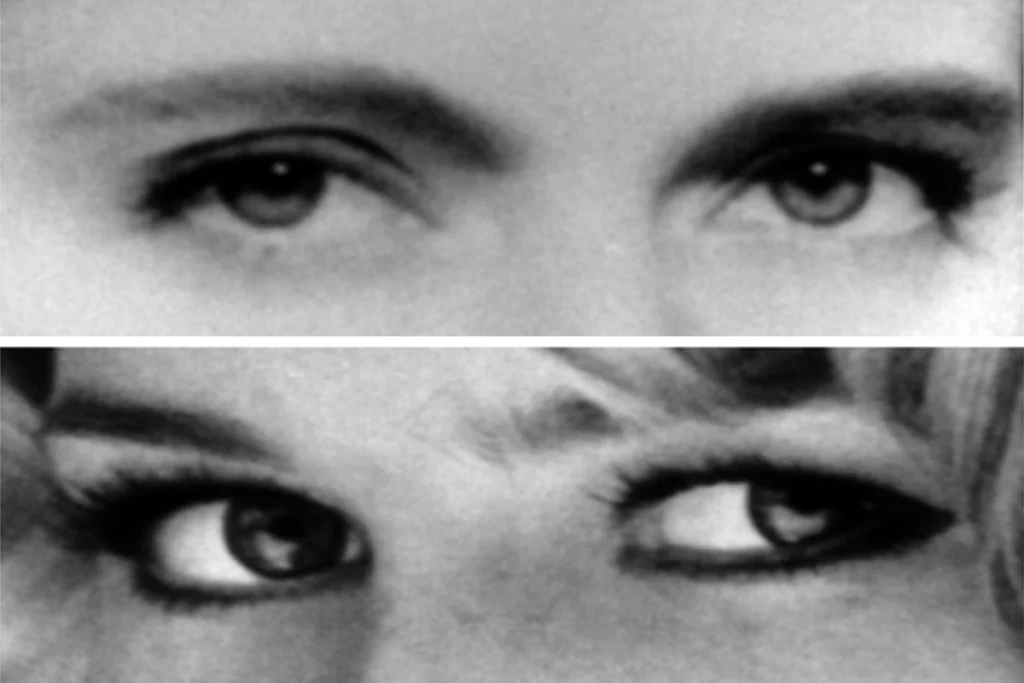
It’s past time to stop using the Reading the Mind in the Eyes Test
The widely used measure of “theory of mind” needs to be re-examined, along with the long-standing claim that autism is linked to a lack of this ability.
Robots boost data consistency in rodent studies reliant on mechanical, optogenetic stimulation
Two new devices take experimenter variation out of the equation, the lead investigators say.
Robots boost data consistency in rodent studies reliant on mechanical, optogenetic stimulation
Two new devices take experimenter variation out of the equation, the lead investigators say.
Spina bifida; MDMA effects in a mouse model of autism; maternal autoantibodies
Here is a roundup of autism-related news and research spotted around the web for the week of 13 May.
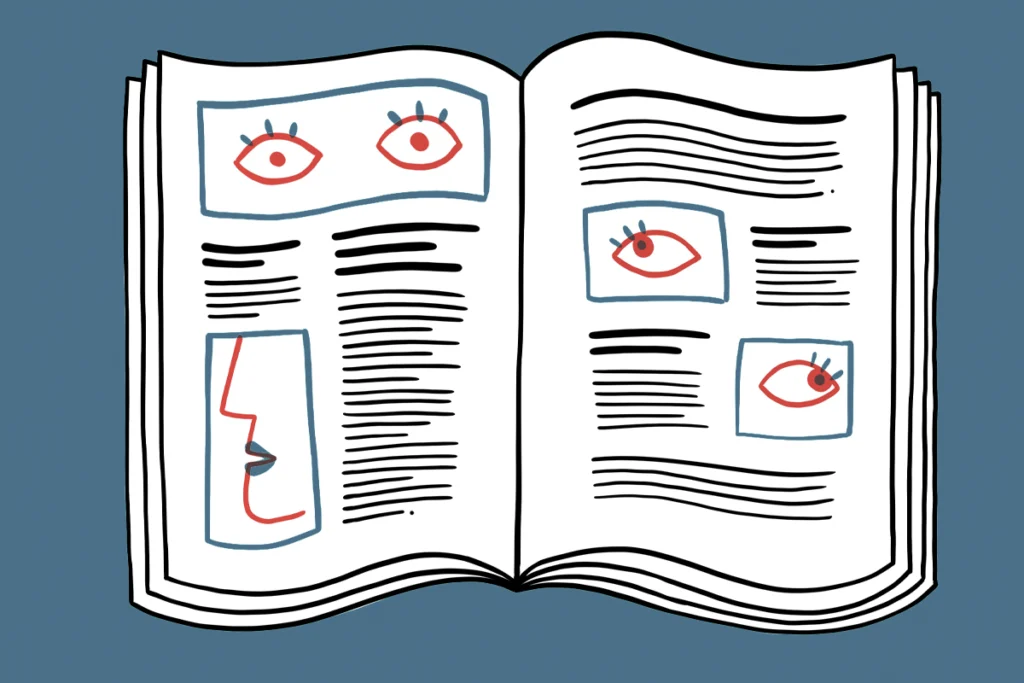
Spina bifida; MDMA effects in a mouse model of autism; maternal autoantibodies
Here is a roundup of autism-related news and research spotted around the web for the week of 13 May.